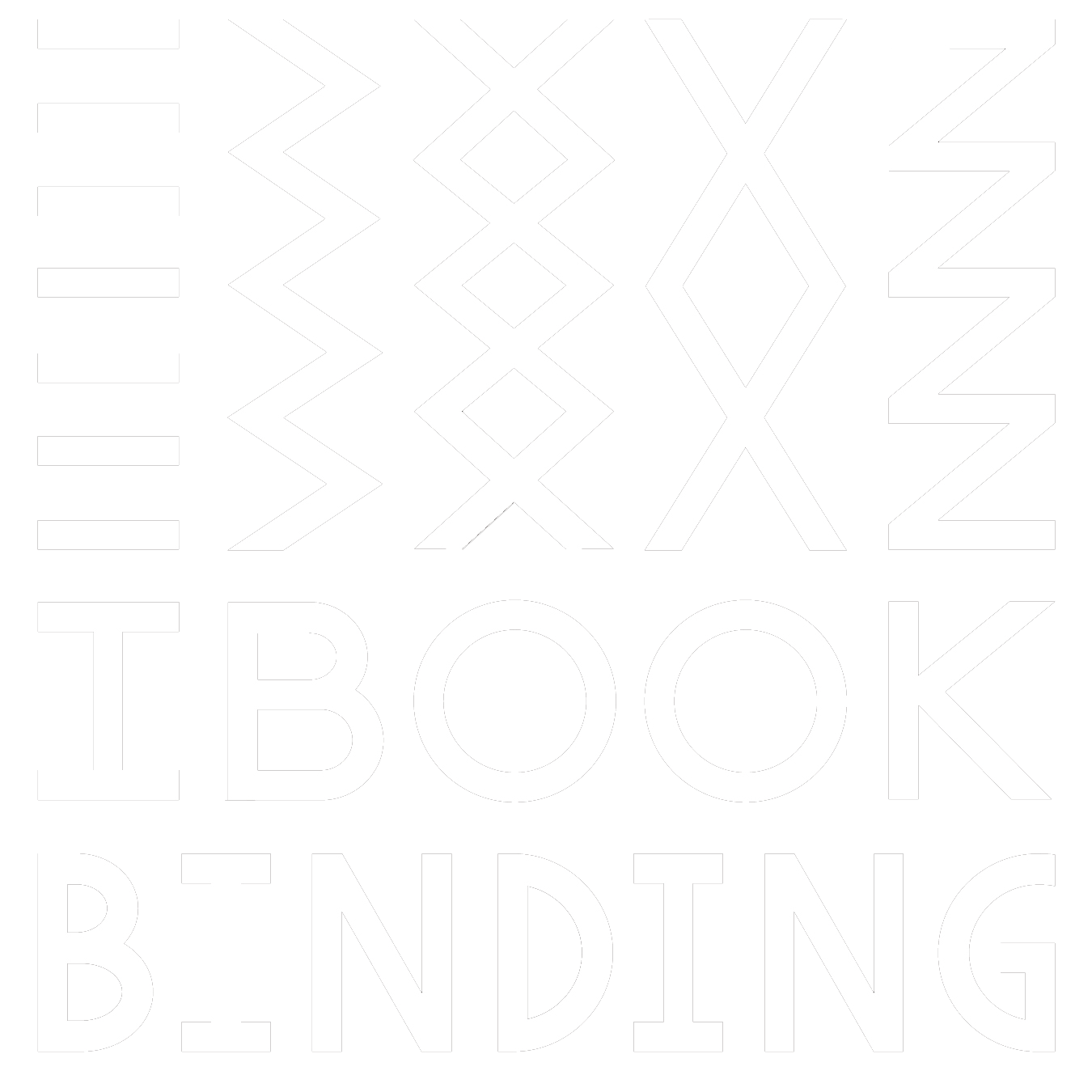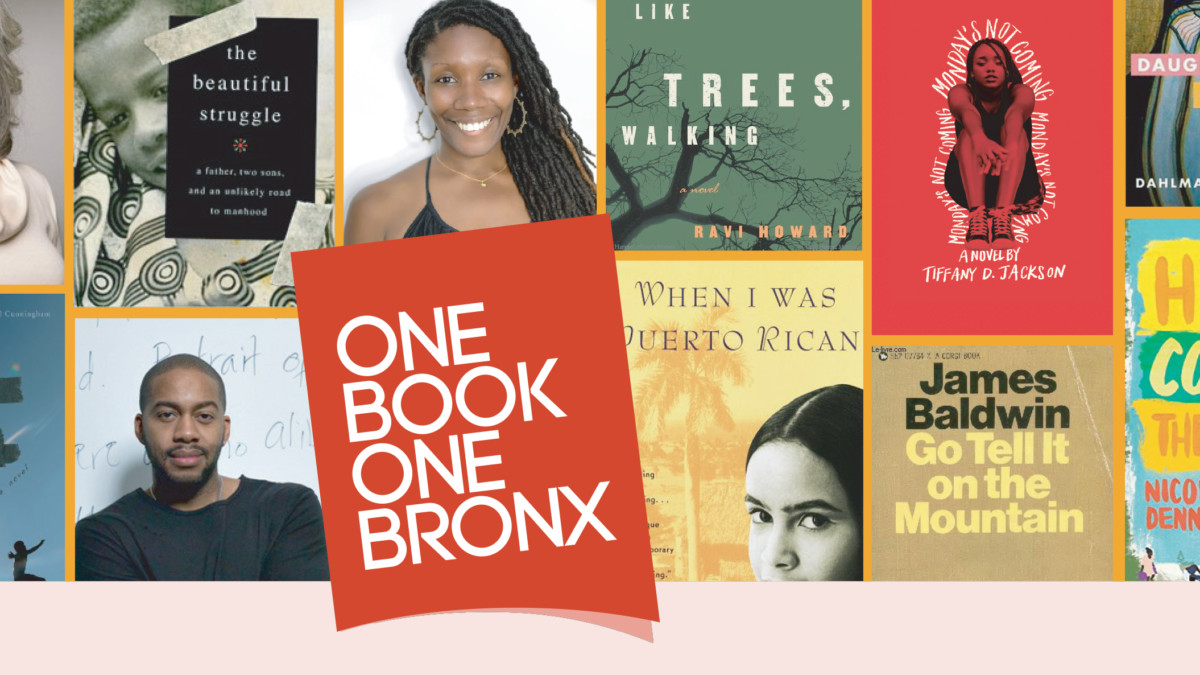One Book One Bronx: One Stereotype at a Time
The “One Book One Bronx” book club looks less like the traditional image of a book club, featuring senior citizens reading and discussing a classic, and more like a community’s town hall meeting. The purpose of the self-proclaimed reading group is to “inspire, encourage, and delight readers.”
Residents of the Bronx gather to discuss issues affecting them and their neighbors, from gentrification and sexual harassment to criminal justice reform and racial inequality, through the medium of books. The club meets every week to discuss the book they are reading this month. The meetings are open to all, though some choose to register online ahead of time.
Ron Kavanaugh, executive director at the Bronx-based arts nonprofit Literary Freedom Project, is the mind behind the club. “I had a sense that more people were interested in books and reading than the popular narrative reflected,” Kavanaugh said in an interview with Forbes. Attendance for each meeting hovers around 40 people, although enthusiasm surrounding the book club cannot be measured.
“At the time, there were no bookstores in the Bronx, so it was understandable that the lack of retail space meant there was no demand; however, so many of us use digital platforms to order and download books or buy from street vendors that it’s become harder to make direct correlations. I decided to take a leap of faith and see that, if I set up One Book One Bronx, found a space, and gave attendees free books, readers would come.” Kavanaugh says about the weekly club, “After launching in October 2018, with Ernesto Quinonez’s Bodega Dreams, it quickly became evident that there was an unmet demand for our community to come together, read, and hold literary conversations.”
Gentrification is one of the main issues that the One Book One Bronx club addresses in the titles they pick, and it was at the forefront of Kavanaugh’s mind during the interview, too. “The Bronx is experiencing the early stages of gentrification,” he explains. “And that traditional pattern lays out a standard paradigm: new residents come, demand more from the community, then leverage their personal resources—financial and political—to build and develop new institutions that reflect the ‘needs’ of the gentry—bookstores, coffee shops, artisanal donuts, etc.”
Kavanaugh stressed that the current literary movement is being led by locals and is bigger than One Book One Bronx. “Noelle Santos is opening The Lit.Bar, a new general interest bookstore; Saraceia Fennell launched The Bronx Book Festival, and Josue Caceres started BX Writers as a space that invites local writers to hone their craft. We’re all Bronx natives building on a demand to engage the literary desires and voices in the borough,” he says.
Books serve communities in ways that haven’t been clearly articulated before, but with initiatives like the Bronx Book Club, these results will soon become available. Literacy and love of books in black and impoverished communities is a topic that has been politicized and tinged with racism, much like black existence. A quick Google search of the terms “Bronx literacy” and “black literacy” tells the whole story: a self-fulfilling prophecy in which politicians, officials, and experts, blame poverty on lack of literacy, deaf to any claims otherwise.
Low-income communities have often suffered a drought of bookstores because of the stereotypes surrounding reading and poverty. Ron Kavanaugh and One Book One Bronx set out to fight back at the stereotypes surrounding the Bronx and literacy. Only time will tell if they succeed, but they seem to be fighting it well.
Please Support us on Patreon!
 The minimum level of contribution is only $1 per month.
The minimum level of contribution is only $1 per month.
Moreover, starting with the pledge level of $3, you will get a digitized vintage book about bookbinding, book history, or book arts each month from us!
These pledges help iBookBinding to continue its work and bring more information about bookbinding and book arts to you!


